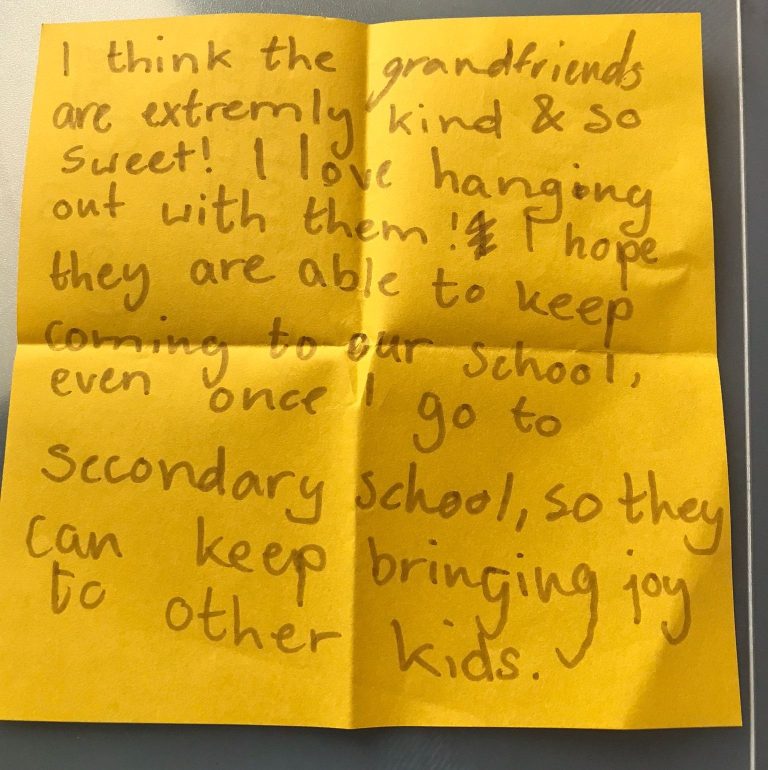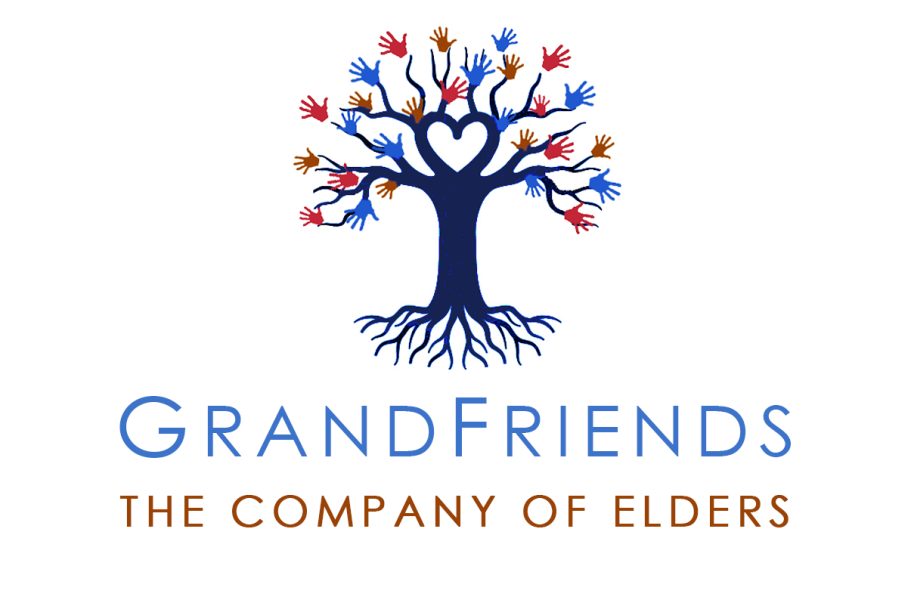Our Vision is a renaissance of the status of elders at the heart of our communities.
People
Lucy Beattie MCIOF
Chair of The Board
Experienced leader with expertise in special education, organisation growth and transformation.
Passionate about the colour red, wild swimming and rugby.
Ian Dunning
Trustee and Treasurer
Commercial Financial Director, with focus on strategic development.
Passionate about astro physics, common sense and DIY.
Dr Anna Gregorowski
Trustee
Dr Greg as she's known locally is a much loved GP, with a special interest in elderly care and child health.
Passionate about running, wild life and open water swimming.
Anna Sabine MP
Trustee
Strategic communications and stakeholder engagement expert and as of July 2024 MP for Frome and East Somerset.
Passionate about: supporting women entrepreneurs, her cocker spaniel Buddy, and trying to get a golf handicap.
Lavinia Thomas Buhagiar MSc
Director and Founder
Experienced social entrepreneur and leader in participatory community development, environmental education, strategic philanthropy and almshouses.
Passionate about botanical illustration, Cornwall and joining dots.
Jayne Watkins
Volunteers Manager
Qualified primary school teacher, and professional Volunteers Manager with 15 years of experience at Bath University and RUH, and a strong interest in intergenerational inclusion.
Passionate about forest schools, jewelry making and her beautiful garden.
History
GrandFriends The Company of Elders was founded by Lavinia Thomas Buhagiar in 2022
My husband and I moved to Bath in 2016 when our children were 6 and 9, and like many other people we chose to live here because it is a beautiful city with good housing, access to London, and lots of great schools. But, also like many other people living here, Bath is not where either my husband or I grew up, so we didn’t have an established network of family living in easy reach. So we are part of the large number of people who have broken ties with their childhood communities through economic and social migration.
I remember the regular gatherings of people of all ages from my own childhood - at events such as harvest festivals, the village fetes, the Queen’s Jubilee - and how everyone seemed to gravitate to the elders. I often wished there were an equivalent in our neighbourhood, for my children's and my own sake. We had lovely neighbours, but it was hard to gather together in person with the many elders living around us. This of course intensified during Covid.
Loneliness is part of the human condition, but chronic loneliness is at unprecedented rates in the UK for a tangle of cultural and structural reasons. The UK government, informed and influenced by wonderful third sector organisations such as The Loneliness Foundation, The Campaign to End Loneliness and Age UK, now formally recognise loneliness as a public health emergency. There are powerful links between loneliness and depression, dementia and other emotional and physical comorbidities, particularly in elders and vulnerable younger people.
We see that the disconnect between elders and younger people, within the context of the loneliness crisis in the UK, has led to a sense shared by many which we have identified as ‘intergenerational loneliness’.
This is relative experience shared by many which we are addressing through our multifaceted solution: GrandFriends The Company of Elders.
Position
'ELDERS'
We describe our volunteers not as ‘older people’, which can have ageist connotations, but instead as ‘Elders’, meaning people who we respect for their greater age, experience and wisdom. Its a tribal, relative title which we believe confers status.
Our position is that ‘older people’ are not a homogeneous unit, and that the tens of millions of people of who are referred to as 'older people' or 'the elderly' etc are in fact as diverse as all other age groups. As more of us live longer, healthier lives it is increasingly important that we recognise there are people who fit within these categories themselves come from different generations (for example a 65 year old and a 95 year old), and that age is increasingly about health and attitudes rather than birthday candles.

ASSETS
We place the GrandFriend volunteers at the centre of our practice because they are the asset which we nurture and facilitate for their benefit and that of the wider community.
We empower the GrandFriends volunteers to give their precious time and good company, thereby also building each one of our volunteer’s own sense of agency, purpose and value. This is a reverse of the more usual model employed by organisations working to help older people where the elders are treated as passive recipients of charity. We have already seen the substantial benefit to our volunteers of feeling valued in this way.

BENEFICIARIES
The GrandFriends are the primary beneficiaries our work, and we have seen evidence of the reward to our volunteers.
Our programmes also deliver pastoral benefit to the younger generations who spend time in the company of the GrandFriends.
Additional beneficiaries are the teachers and staff at St Johns Primary school, the families / guardians of the children who spend time with the GrandFriends, and the younger adults who are guests at the Sunday Socials.
On a wider level our work increasingly reinforces our community with this growing constellation of wonderful intergenerational friendships.

Our work is governed by a number of polices to ensure the wellbeing and protection of our volunteers, staff, stakeholders and organisation. Click here to see a selection.

We need your consent to load the translations
We use a third-party service to translate the website content that may collect data about your activity. Please review the details in the privacy policy and accept the service to view the translations.
